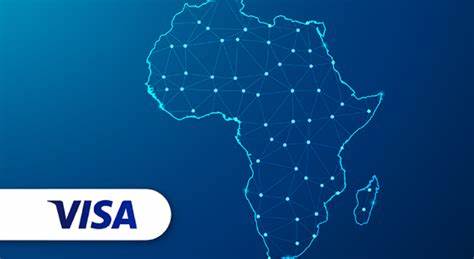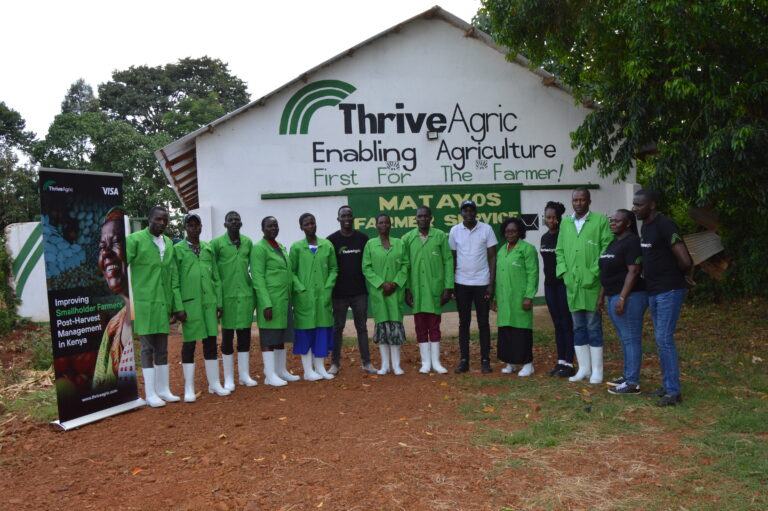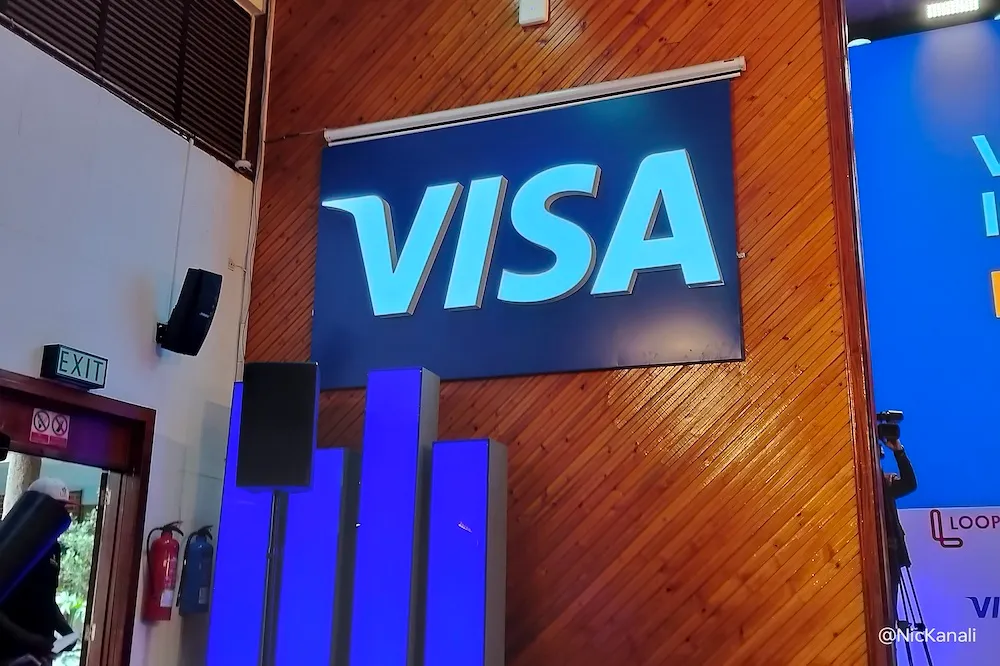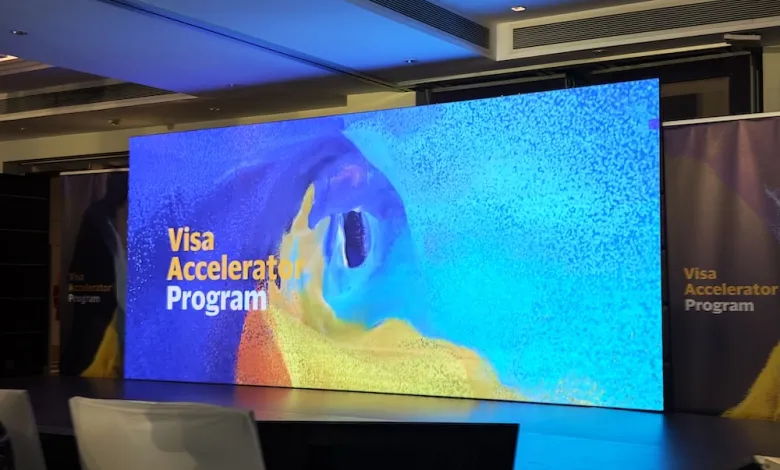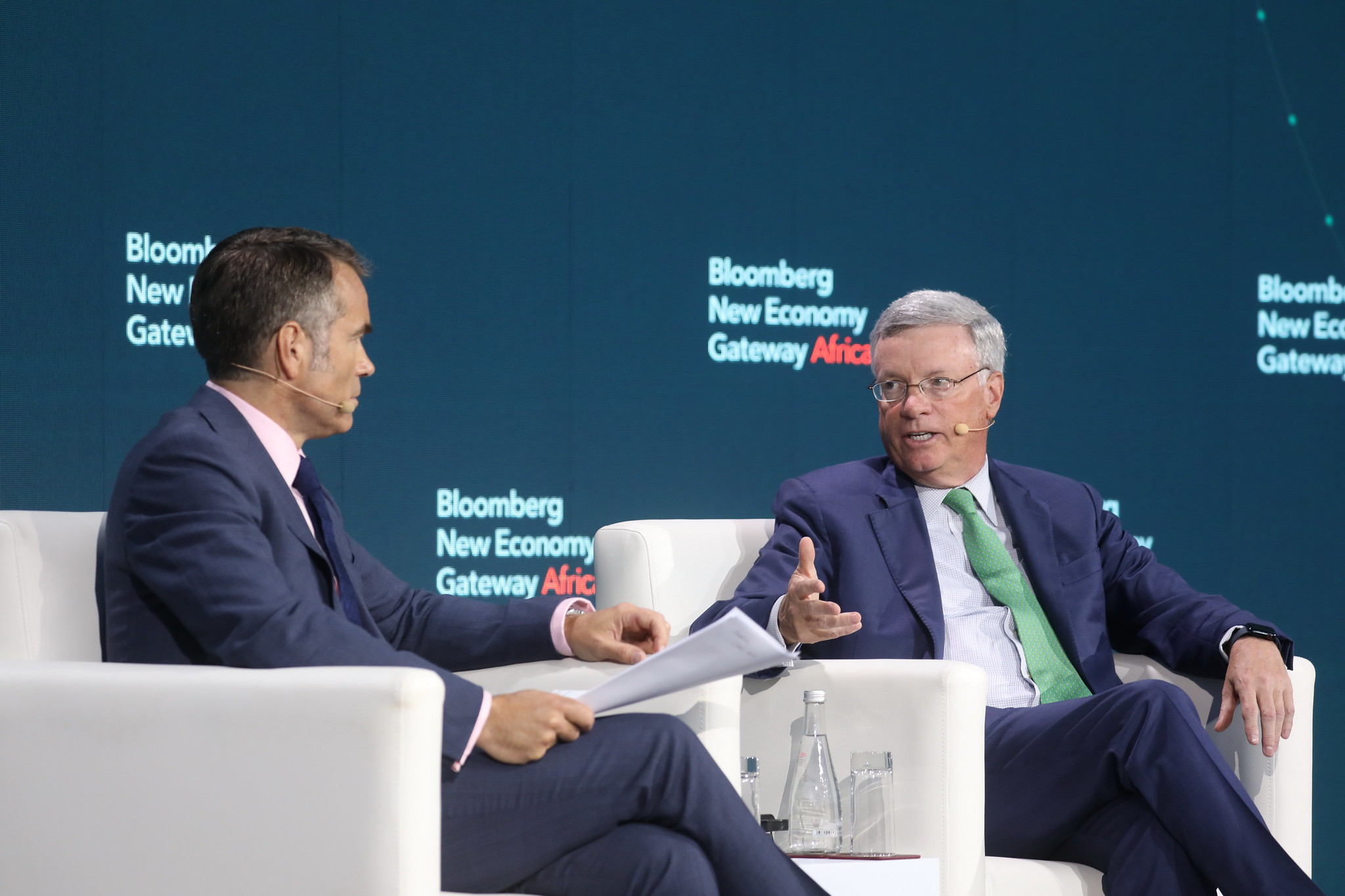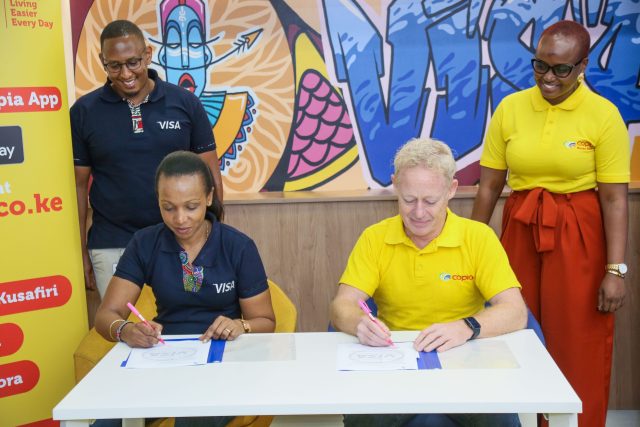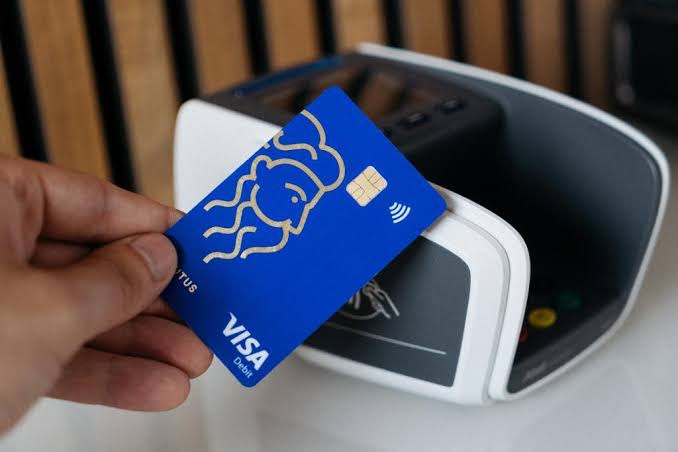Visa announced investments in four startups from its inaugural Visa Africa Fintech Accelerator program on Tuesday, November 5. This initiative is a part of Visa’s larger $1 billion commitment to support Africa’s digital transformation, aiming to drive financial inclusion and strengthen the fintech ecosystem across the continent.
Visa is working to close the gap for millions of Africans without access to official banking services by assisting early-stage fintechs.
Read also: EFTCorp, Visa announce 5-year partnership to expand digital payments across Africa
By supporting early-stage fintechs, Visa is working to bridge the gap for millions in Africa who lack access to formal banking services. The selected startups will receive tailored mentorship, access to Visa’s global network, and the tech tools necessary to scale their innovative solutions. The investment underscores Visa’s belief in the transformative potential of fintech to build resilient, inclusive economies and demonstrates its dedication to Africa’s digital future.
“These investments mark a substantial step for Visa – we are once again standing behind our commitment to innovation in Africa, helping to shape the future of digital payments alongside some of the brightest fintech minds that the continent has to offer,” said Godfrey Sullivan, Senior Vice President of Products, Partnerships, and Digital Solutions for Visa CEMEA.
Visa funds four African fintech Innovators
The digital economy in Africa presents a variety of obstacles, which are addressed by each firm. Oze, a company located in Ghana, offers digital tools and embedded finance solutions for small and medium-sized enterprises (SMEs), including a loan management system for financial institutions that is powered by machine learning.
Kenya-based Workpay provides cloud-based HR and payroll solutions in 35 African nations. A smart addressing system for digital address verification is developed by Nigerian startup OkHi, and ORDA delivers cloud-based restaurant management software utilised by over 1,500 restaurants in Nigeria, Kenya, and South Africa.
Read also: Over 150,000 Nigerians set to benefit from Google’s N2.8b AI training fund
Visa’s commitment to Africa’s Digital Future
Visa’s investments help Africa’s digital revolution. The three-month Visa Africa Fintech Accelerator, launched in 2023, provides mentorship, business training, investment, and strategic alliances to start-ups. The initiative has included 45 African startups.
For the startups, Visa’s backing represents more than just capital. WorkPay’s Co-Founder and CEO, Paul Kimani, noted: “We are happy to have Visa in our corner. As a trusted leader in digital payments, Visa’s support pushes us toward our goal of delivering innovative solutions and streamlining backend processes for all.”
Amazon Web Services (AWS) offers free cloud services to program members due to its success. Venture capitalists, angel investors, and potential business partners will attend the second cohort’s Demo Day in Cape Town on December 2. Visa is finalising investments and business ties with program graduates.
